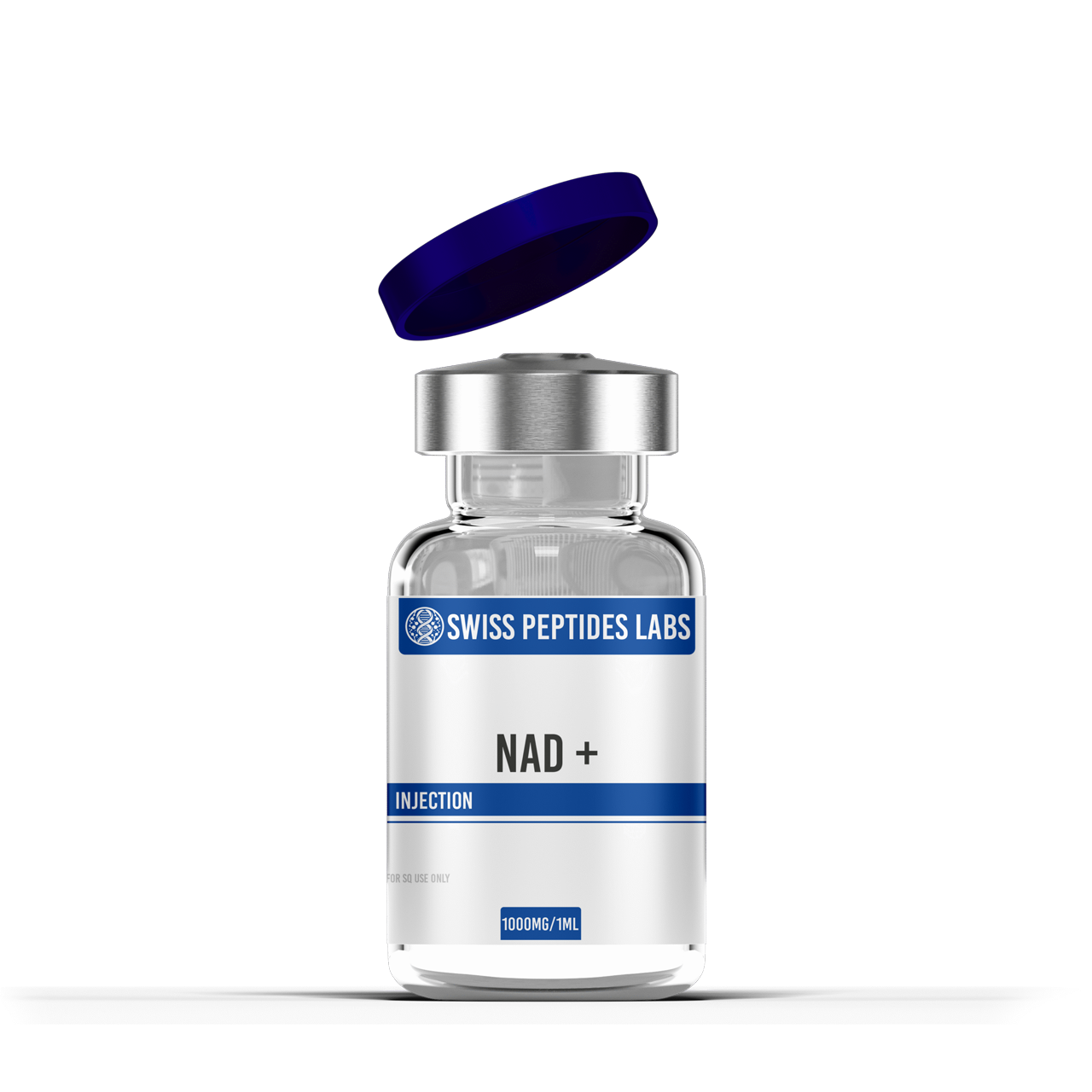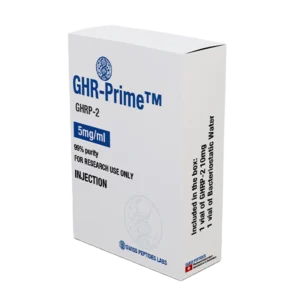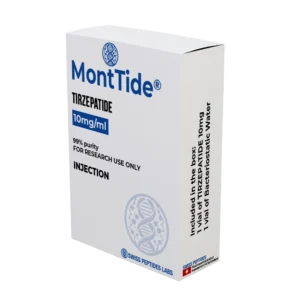Description
NAD+ (Nicotinamide Adenine Dinucleotide) is a fundamental coenzyme present in all living cells, key in the research of energy metabolism and aging. Chemically, it is a cornerstone of cellular processes, essential for converting nutrients into energy and for DNA repair.
Benefits
- Increases cellular energy levels (ATP production).
- Activates sirtuins, proteins associated with longevity.
- Facilitates the repair of damaged DNA.
- Improves mitochondrial function.
- Possesses neuroprotective effects in study models.
- May improve insulin sensitivity.
- Reduces inflammation at the cellular level.
- Supports genomic stability.
- Improves glucose and fatty acid metabolism.
- It is crucial for hundreds of enzymatic processes in the body.
Scientific Areas of Study The primary goal of studying NAD+ is to understand how its declining levels impact aging and metabolic diseases:
- Study of Cellular Energy Metabolism: Its study allows for the direct analysis of mitochondrial function efficiency and cellular energy (ATP) production.
- Investigation of DNA Repair and Longevity: NAD+ is consumed by key enzymes like Sirtuins and PARPs, allowing for the modulation of their activity to study mechanisms of cellular resilience.
- Mitochondrial Function and Neuroprotection: Research focuses on how restoring NAD+ levels can improve the health of mitochondria and protect neurons.
Research Conclusion The NAD+ coenzyme is an indispensable molecule for research in metabolism and aging. Its central role in energy and cellular repair allows scientists to study the causes of age-associated functional decline, positioning it as a vital tool. Its use is strictly limited to controlled laboratory environments to advance scientific knowledge.







Reviews
There are no reviews yet.